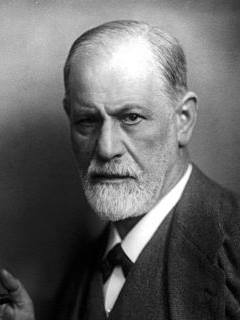
Publication details
Publisher: Springer
Place: Berlin
Year: 1984
Pages: 123-141
Series: Phaenomenologica
ISBN (Hardback): 9789400961159
Full citation:
, "Piaget and Freud", in: Philosophy and science in phenomenological perspective, Berlin, Springer, 1984


Piaget and Freud
two approaches to the unconscious
pp. 123-141
in: Kah-Kyung Cho (ed), Philosophy and science in phenomenological perspective, Berlin, Springer, 1984Abstract
Piaget is usually said to be primarily interested in the study of cognitive structures, and in showing how they influence the child's thinking at the various stages of its intellectual development. His theoretical position has therefore been described as a form of "structuralism," a view to which his own statements on this question in his later work have given some credence. Because of this his developmental studies have been regarded as radically opposed to the work of Freud who, among other things, emphasizes the way our conscious thought results from unconscious instinctual desires and feelings.
Cited authors
Publication details
Publisher: Springer
Place: Berlin
Year: 1984
Pages: 123-141
Series: Phaenomenologica
ISBN (Hardback): 9789400961159
Full citation:
, "Piaget and Freud", in: Philosophy and science in phenomenological perspective, Berlin, Springer, 1984


